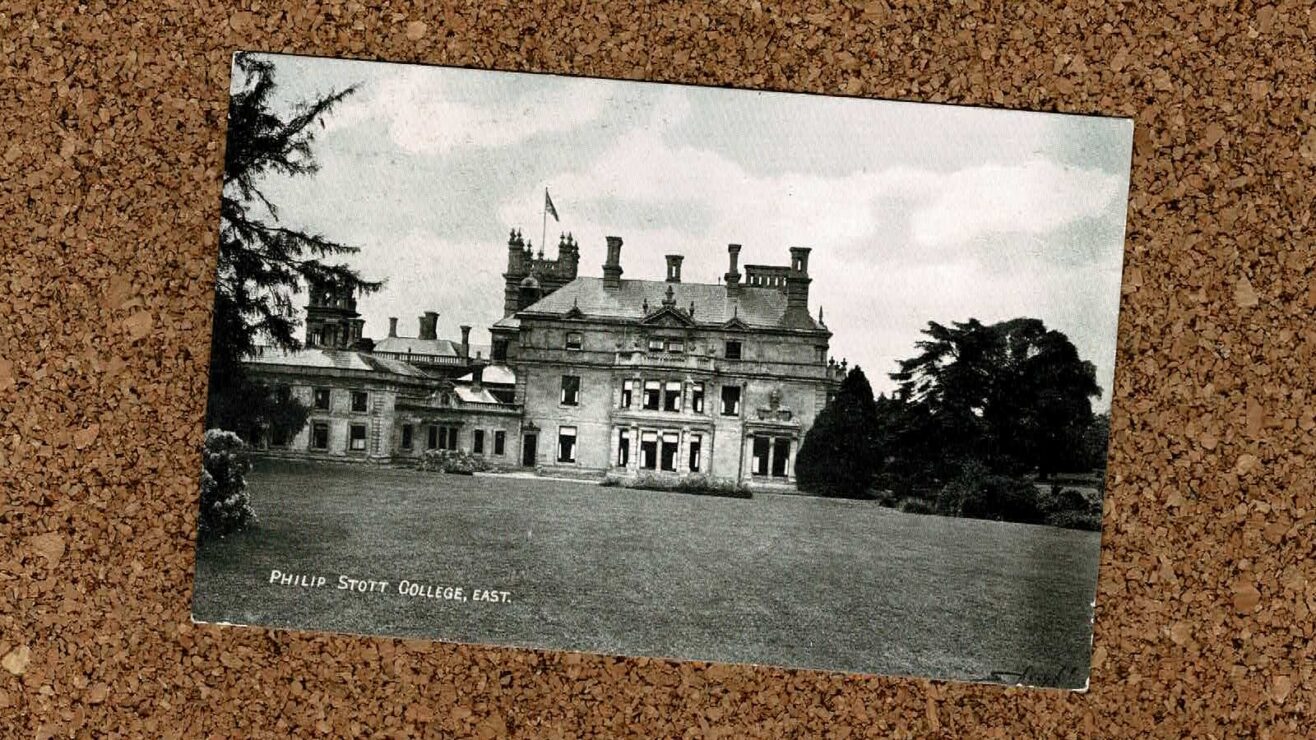According to the Guardian, in a report on a conference they have sponsored:
Universities should offer more detailed information about courses to the Facebook generation, the shadow universities secretary, David Willetts, said today. The Guardian’s Higher Education summit heard that students were sharing information about the offers they receive for university courses on social networking sites, forcing universities to rethink the kind of information they give out.
But there is already an abundance of information about universities, much of it generated by institutions themselves but also a huge amount by government, its agents, newspapers, league table compilers and various websites. Just because some of this now appears, in an even less well-informed state, on Facebook, does not mean universities have suddenly got their marketing campaigns all wrong.
Willetts said students should be able to find out how crowded seminars were likely to be, how much access time they would receive from lecturers and what form this access would take.
Fine and helpful but it is extremely difficult to produce accurate and meaningful data on these items (within a single university, let alone on a comparative basis) and institutions themselves aren’t going to start publishing data describing themselves as overcrowded or offering minimal access to academic staff except on Tuesday afternoons.
But, and this is where he does have a point, if there is no authoritative information about the undergraduate experience then it becomes more likely that gossip and misinformation will dominate. And that is not particularly good news for anyone.












There may well be gossip and misinformation, but statistics don’t always paint the right picture either. And as you say, a university is unlikely to start claiming poor tutor access and overcrowded seminars. I’m pleased that students can speak in forums and communicate through online social networks with regards to their choices and experiences. It adds a new perspective to what’s available. It may be based on opinion, but some official marketing and information can be biased or used to highlight good things, while covering up the not so good. Also, misinformation doesn’t necessarily have to spread like crazy through… Read more »
“but some official marketing and information can be biased or used to highlight good things, while covering up the not so good”
ALL official marketing and information is biased and used to highlight good things – else it is not marketing!
Yes, you’re right. My bad for not proofreading comments enough.